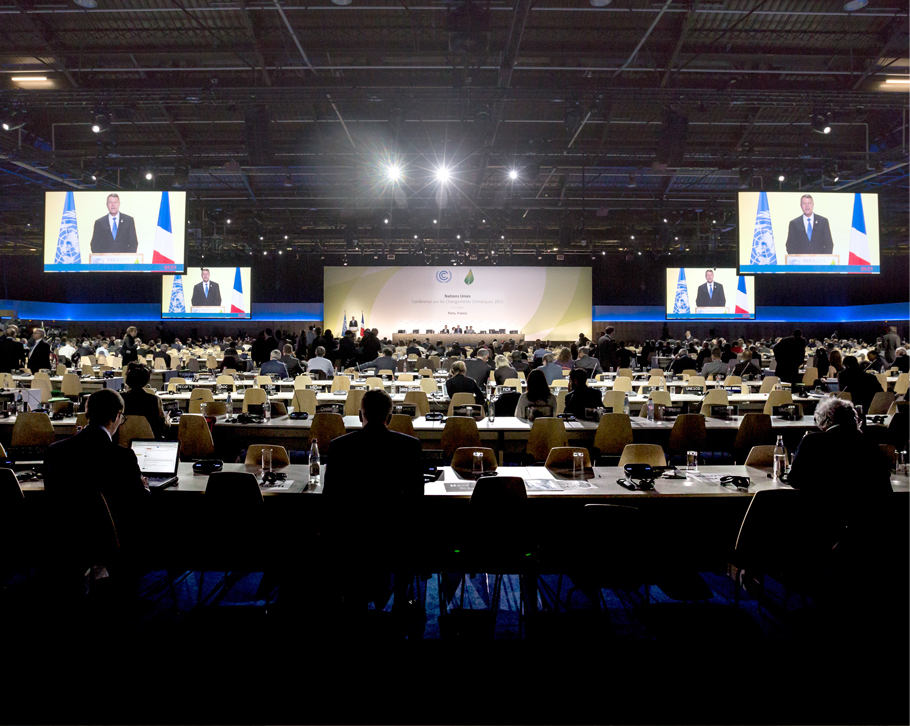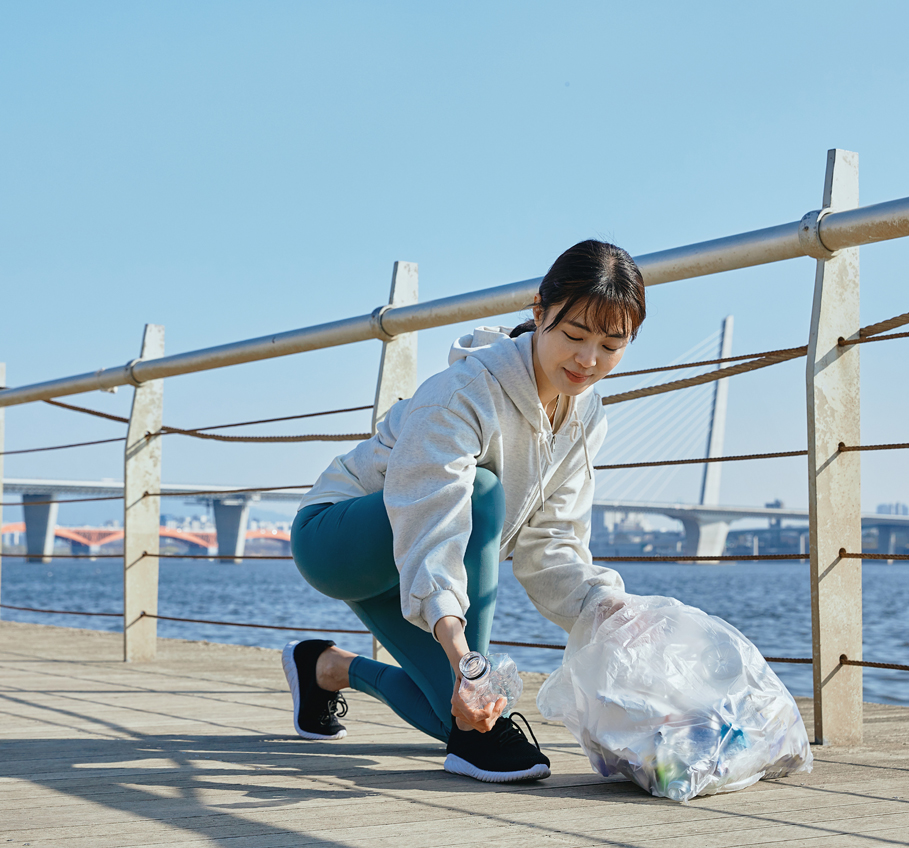June 2021

June 2021
Sustainability is one of the primary concerns of the times. International leaders are upping their efforts to cope with climate change and alleviate greenhouse gas emissions. Such measures are timely if not overdue, especially considering that this year is when the Paris Agreement starts being implemented. When it was signed, the agreement was applauded as a milestone for humanity and the planet and a major diplomatic success. Having world leaders in complete consensus on the commitment to combat climate change is important.
![]()
Written by
Lee Han,
reporter at GreenPost Korea

Koreans are greatly interested and highly invested in climate change and protecting the environment. The president has expressed his dedication to reach a carbon-neutral state. Various administrative and inter-departmental measures have professed imilarly sustainability-oriented policies. But most importantly, the consumer base has taken more interest in developing eco-friendly habits, practices, shopping choices and lifestyles.
According to a Korea Environment Institute research brief, a survey of respondents who expressed interest in topics on environment increased considerably by 2018 (74.2%, up from 51.4% in 2014, 53.6% in 2015 and 54.4% in 2016).
 Korea boasts a naturally luscious, forested topography
Korea boasts a naturally luscious, forested topography
whether on hills,
mountainsides or flattened grounds.
© shutterstock
 The 21st session of the U.N. General Assembly at U.N. Headquarters involved announcing
The 21st session of the U.N. General Assembly at U.N. Headquarters involved announcing
a firm entry into the Paris Agreement on climate change in 2015. © shutterstock
The surge of interest has led to substantial action. According to statistics from Greenpeace, 77% of voters in the 2020 parliamentary election said they “are willing to vote for a party or individual with a credible promise on how to combat the climate crisis.” Middle-aged voters especially prioritized how politicians handle the matter, with 83.3% of those in their 40s responding positively to the above question and 83.2% of those in their 50s doing so.
Why are Korean mainstream consumers interested in climate change and the environment? For one, Korea has sped through a dizzyingly rapid period of industrialization, economic revampment and hyper-development over the last seven decades. Since growth in a material sense had been modern Korea’s foremost priority, the environment fell far outside public interest. However, both citizens and leaders alike have begun reckoning with prioritizing sustainability and environmentally-friendly ideals; likewise, there is more caution on artificial or industrial procedures that damage our planet.
 Simple acts like picking up trash and committing to recycling
Simple acts like picking up trash and committing to recycling
procedures can make a difference. © gettyimageskorea
 Swapping plastic for degradable materials is becoming a more commonplace action amongst Korean citizens as well as in other parts of the world. © shutterstock
Swapping plastic for degradable materials is becoming a more commonplace action amongst Korean citizens as well as in other parts of the world. © shutterstock
Around the turn of the millennium, Korea saw a surge of “well-being trends.” Health and wellness, both in and out, became important values to fashion lifestyles around. The interest in treating our bodies organically naturally led people to heed the impact our food consumption habits leave on the environment. Hence, it became paramount to eat clean foods that have been grown or raised in sanitary conditions. Such consumer trends synergistically coincided with the rising calls for lessening environmental damage, thus growing into a movement of even greater scale.
Another factor that led to an upsurge of widespread concern for the environment was the fast-paced nature of Korean society. Intricately networked with speedy connectivity distributed in ample supply, Korea is sure not to miss a beat in overseas newsy content, documentaries, celebrity statements and so forth. As such, domestic celebrities and influencers also yield huge influence on how the mainstream population behaves or what ideals they heed in their daily lives. Exemplary actions exhibited by celebrities are quick to spread through online forums and internet communities.
Around the turn of the millennium,
Koreans adopted ‘well-being trends’
and prioritized wellness.
